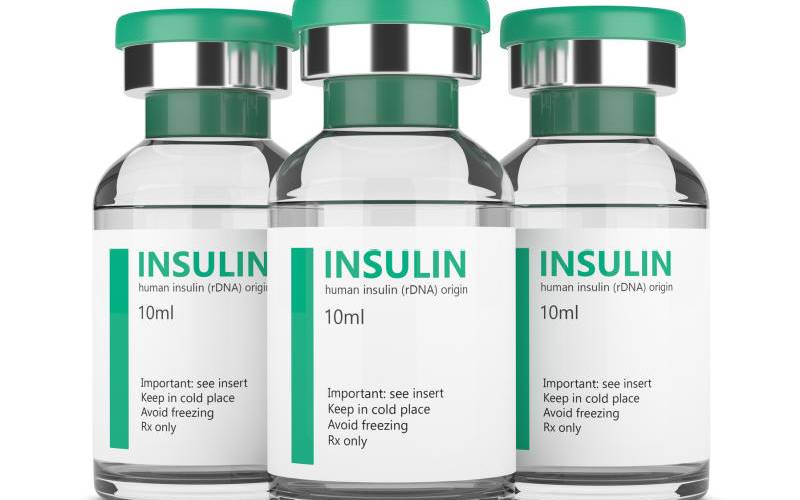×
The Standard e-Paper
Join Thousands Daily

Patients with non-communicable diseases (NCD) received a major boost after the World Health Organisation (WHO) included new treatments for various cancers, insulin analogues and new oral medicines for diabetes in the new edition of its Model Lists of Essential Medicines- which should be available and affordable for all.